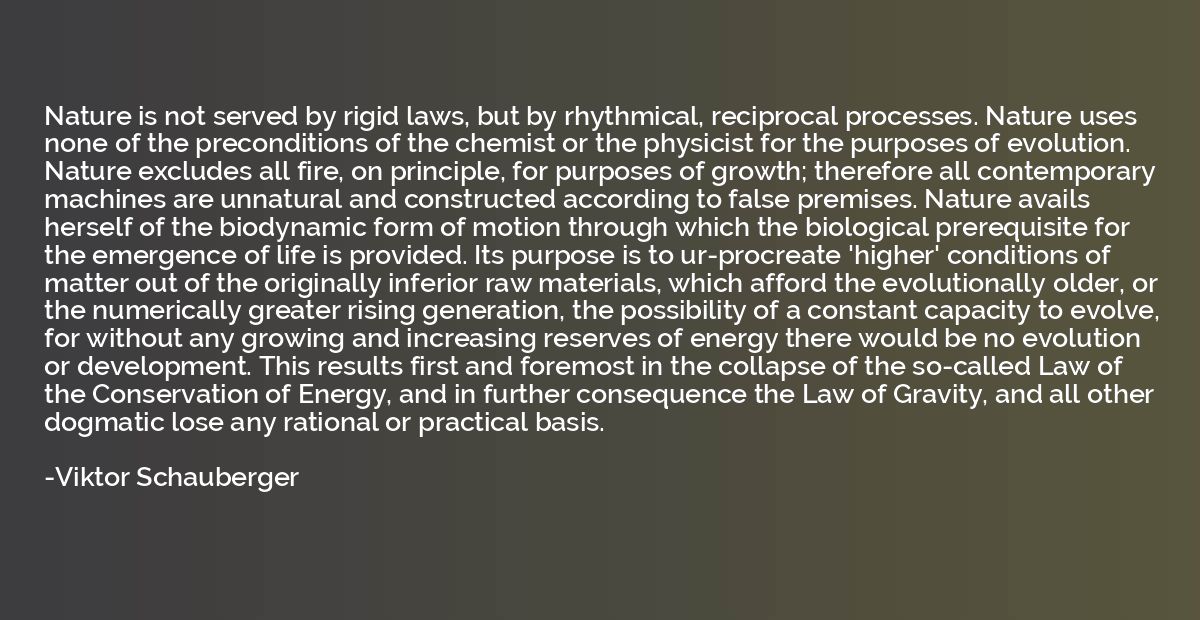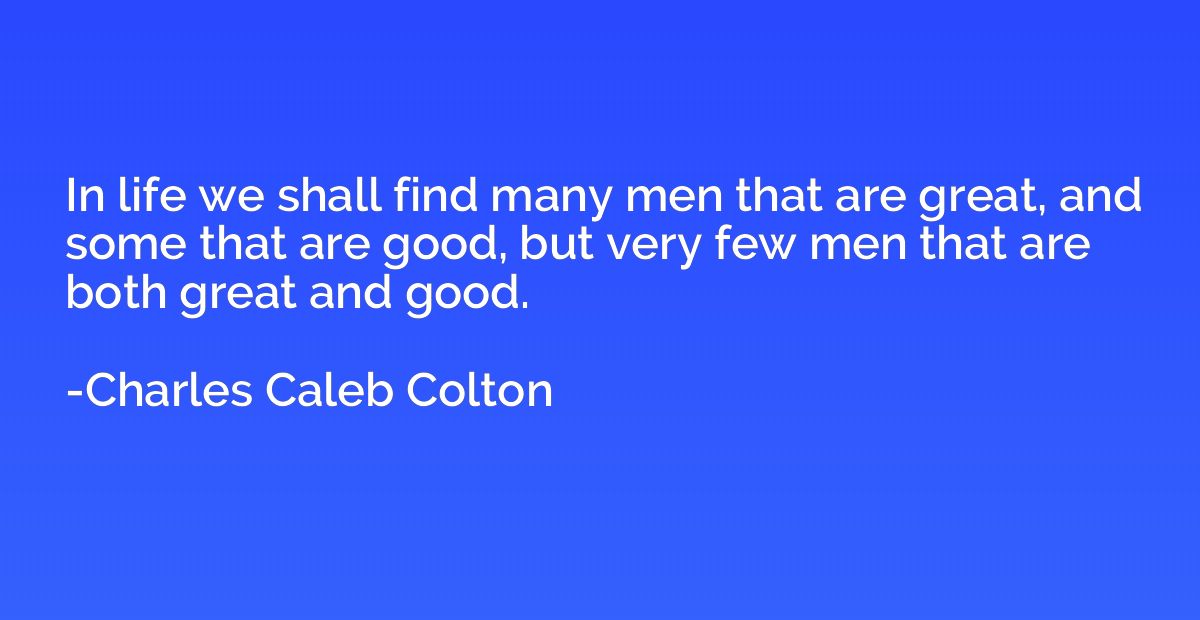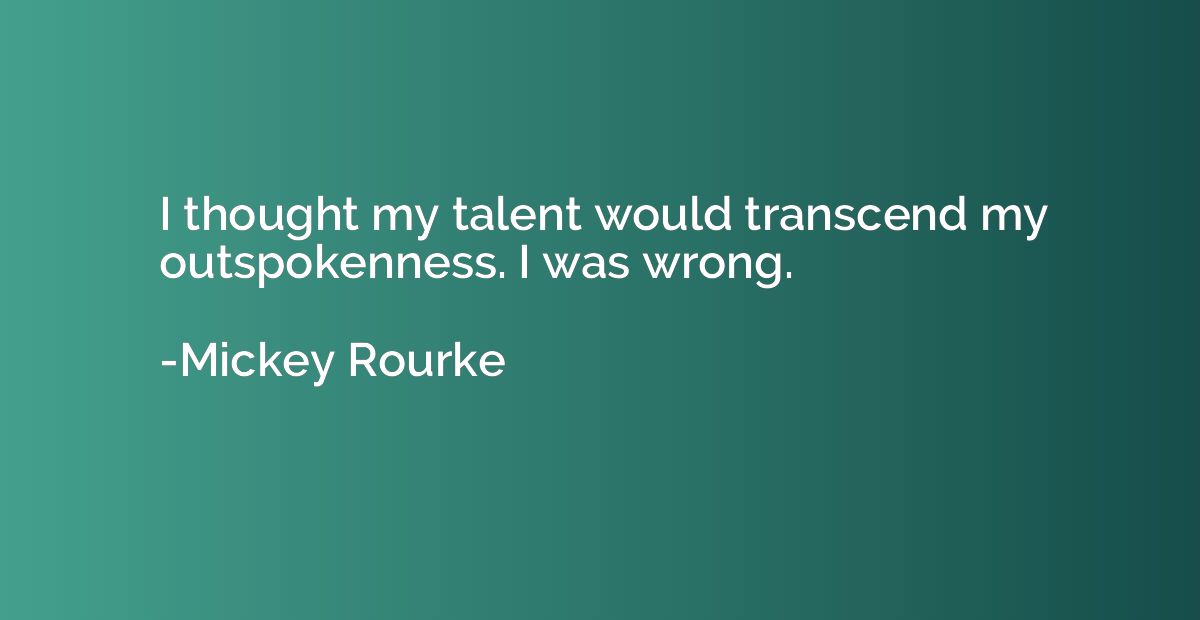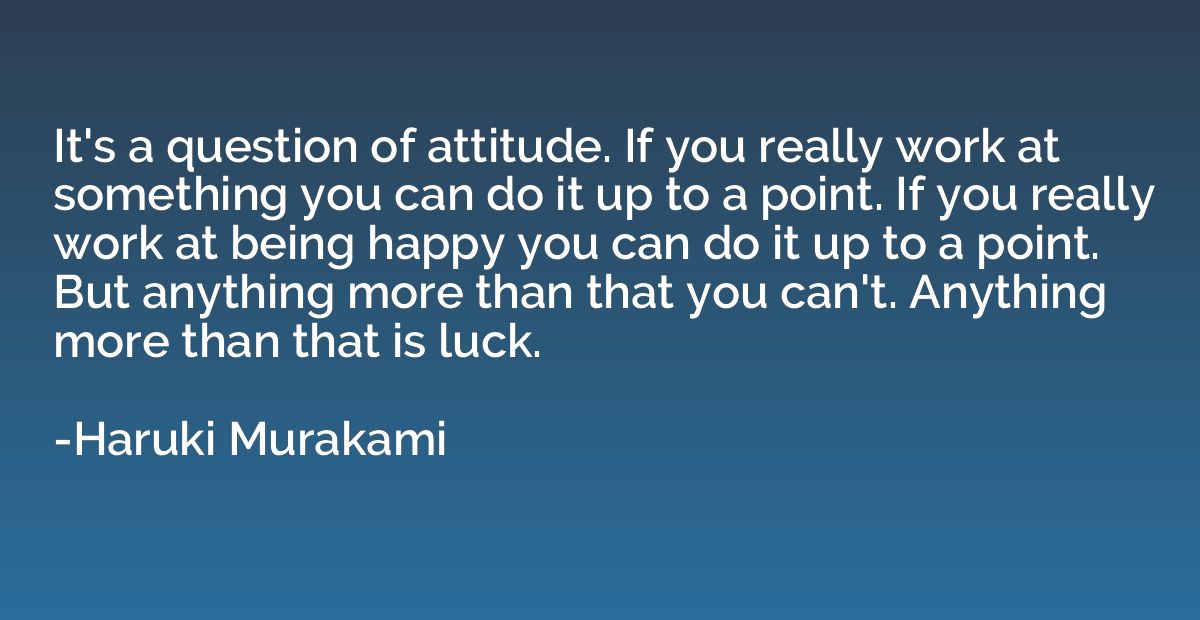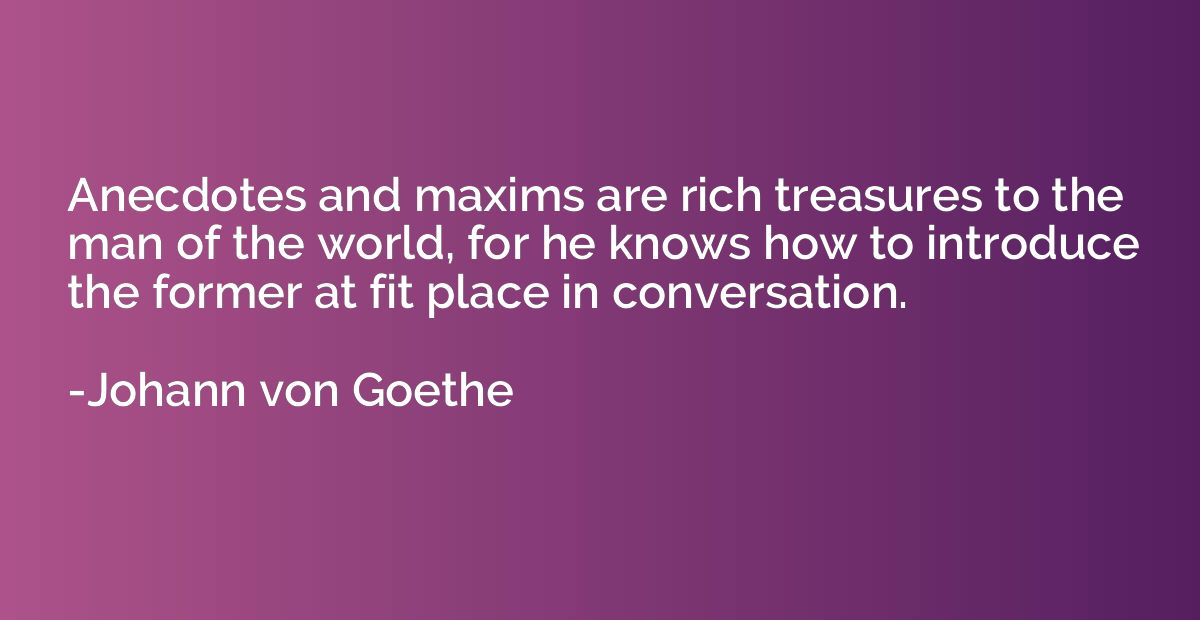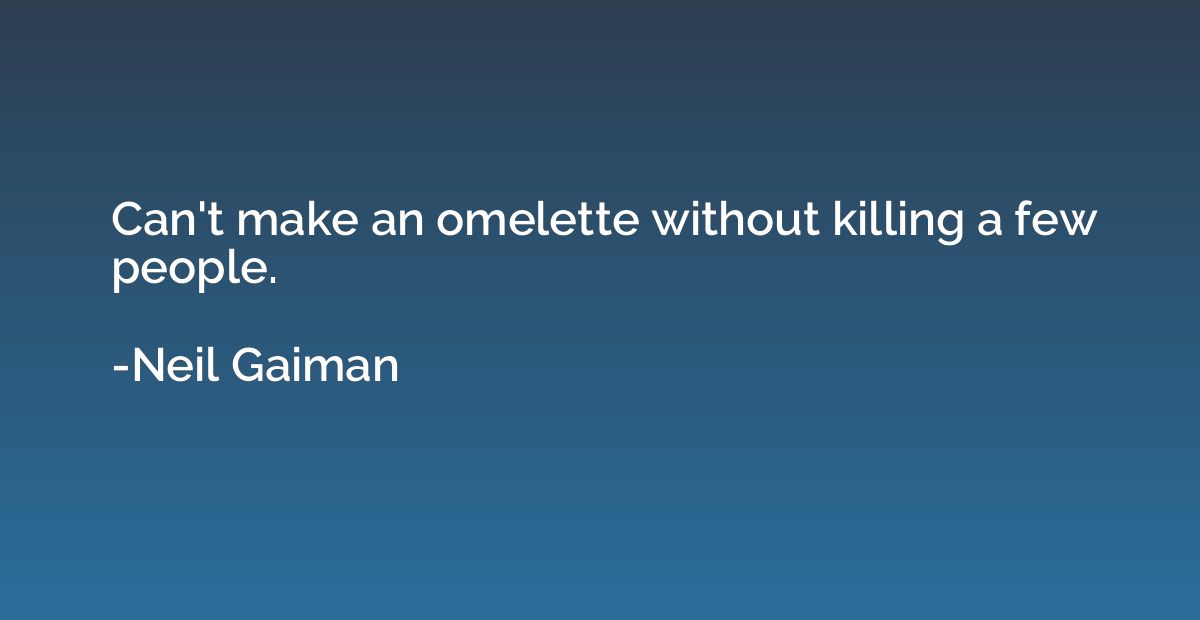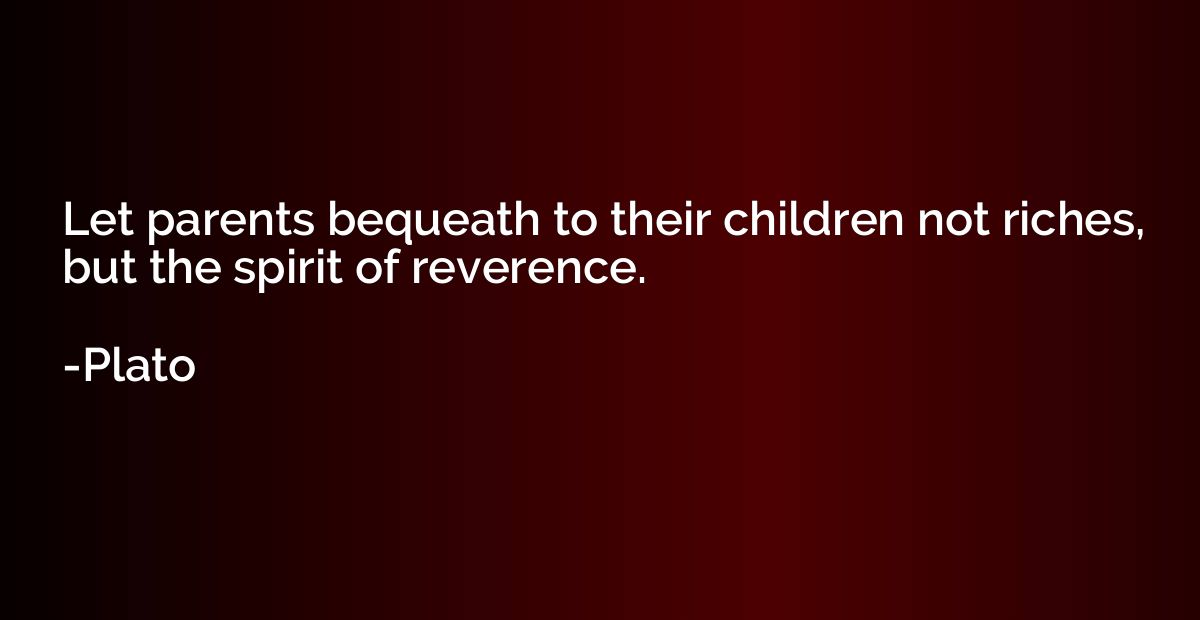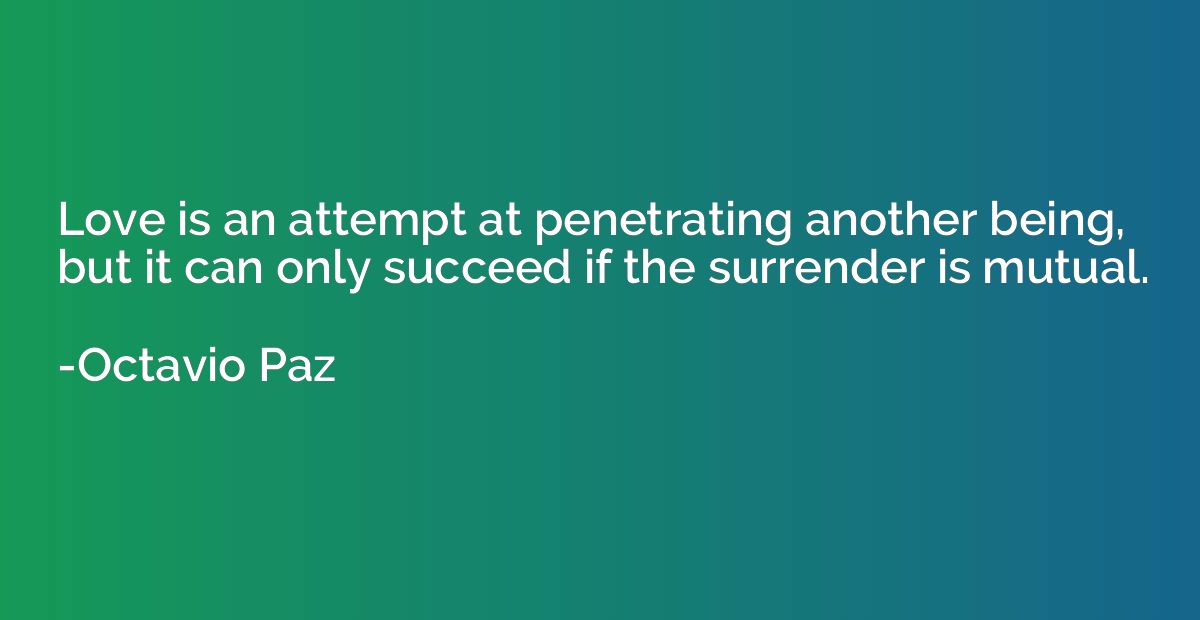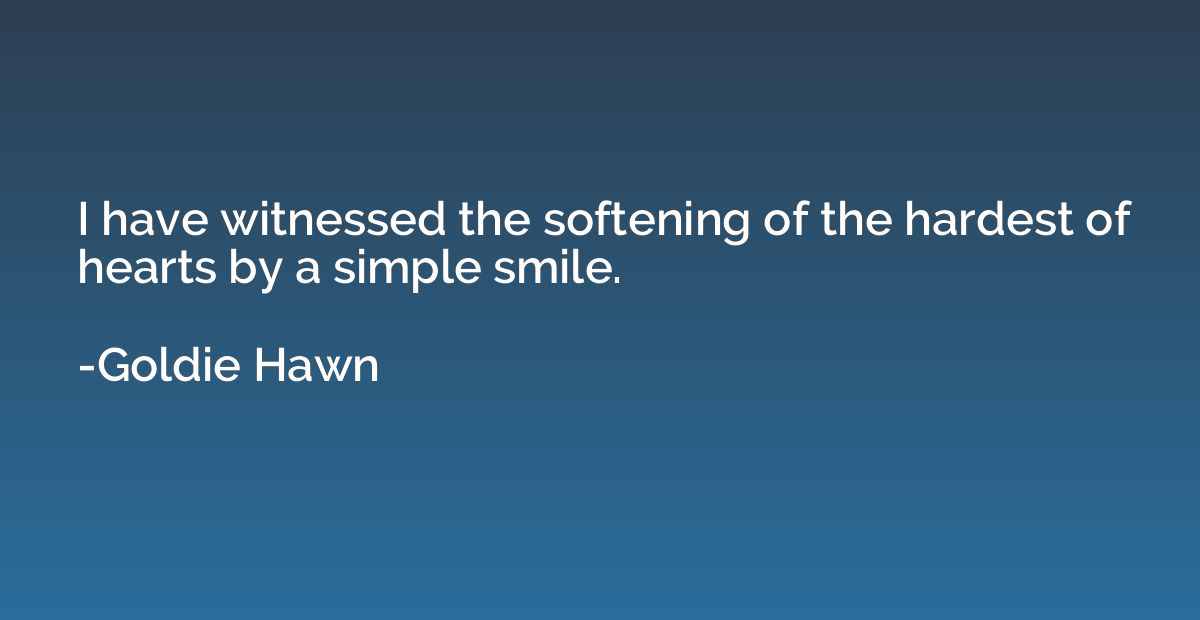Summary
This quote suggests that although everything may seem original or unique in the present, it actually has its roots in the past. It emphasizes the significance of history and the idea that nothing exists in isolation. It implies that by understanding history, we gain a deeper understanding of the present and the events that have shaped it. Essentially, the quote urges us to explore and learn about history to gain a more comprehensive perspective on the world.




